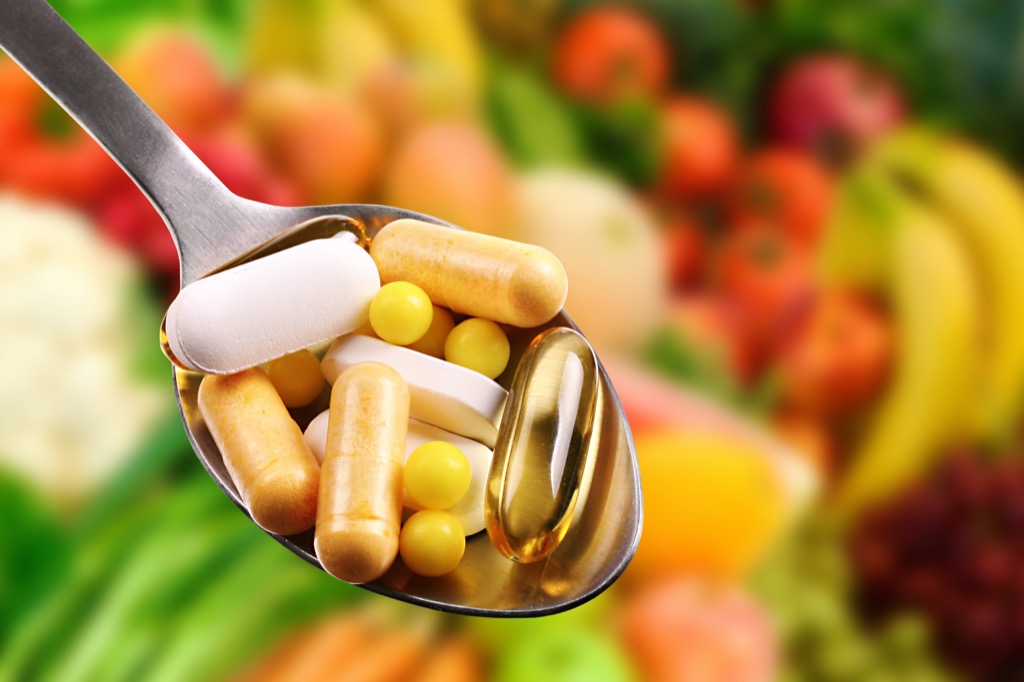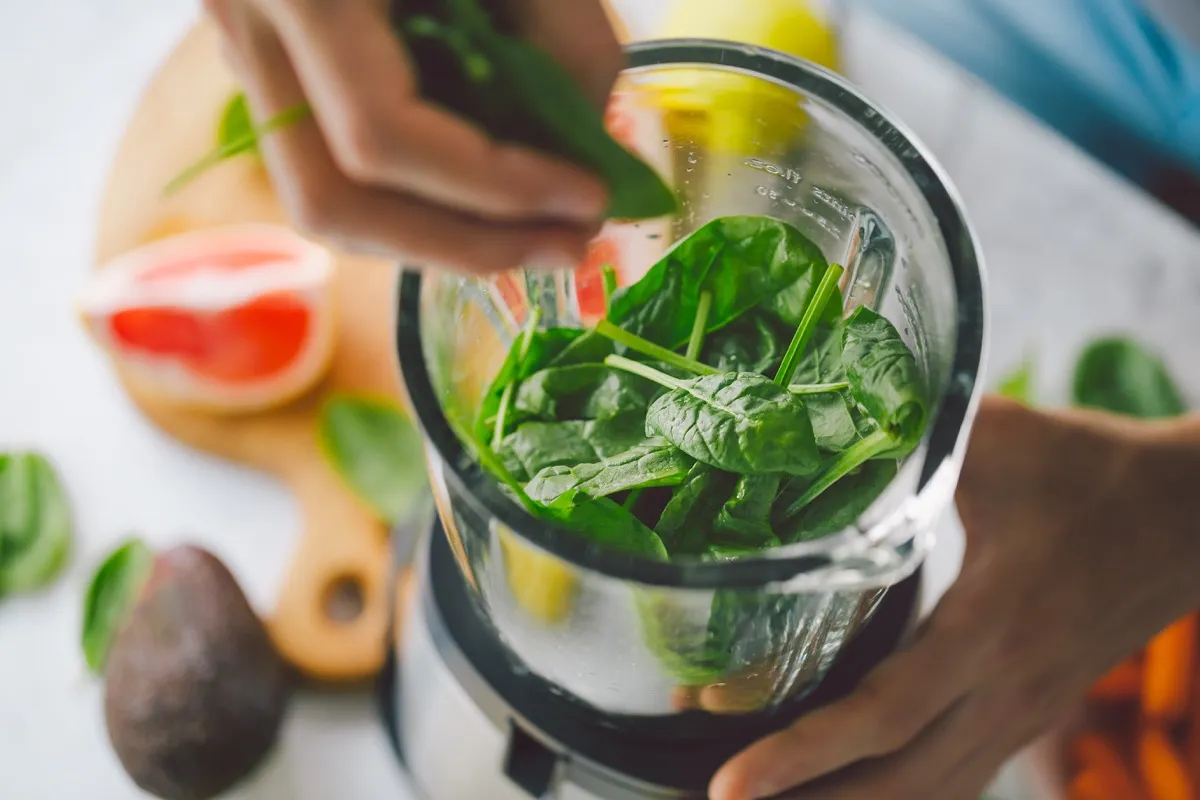A team of researchers from Edith Cowan University in Australia set out to investigate the effects of eating a diet high in nitrate-rich vegetables, including dark, leafy greens such as lettuce, cabbage, kale, spinach, collard greens, and broccoli. The team analyzed diet data from over 50,000 Danish citizens over the course of 23 years, finding that those whose diets included regular intake of leafy greens were 12 to 26 percent less likely to develop heart disease later in life—even when consumed in smaller amounts.ae0fcc31ae342fd3a1346ebb1f342fcb “Our results have shown that by simply eating one cup of raw (or half a cup of cooked) nitrate-rich vegetables each day, people may be able to significantly reduce their risk of cardiovascular disease,” lead researcher Catherine Bondonno, PhD, said in a statement. The research team found that eating nitrate-rich foods brought about the greatest reduced risk for hypertension, lowering systolic blood pressure by 2.5 mm Hg. Scientists know that nitrates are converted by the body into the gas nitric oxide when eaten, which is then carried in the bloodstream and can lower blood pressure by helping blood vessels expand, The Daily Mail reports. But the veggie-rich diet had other effects, too. “The greatest reduction in risk was for peripheral artery disease (26 percent), a type of heart disease characterized by the narrowing of blood vessels of the legs,” Bondonno said. “However, we also found people had a lower risk of heart attacks, strokes, and heart failure.” And for more on daily diets you should be avoiding, If You Drink This Every Day, Your Heart Could Be in Danger, Study Finds. But even though getting in greens daily is important, there’s no need to restructure your weekly meal plan completely. Researchers found that those who went above and beyond with their vegetable intake didn’t see any added benefits towards heart health. “People don’t need to be taking supplements to boost their nitrate levels because the study showed that one cup of leafy green vegetables each day is enough to reap the benefits for heart disease,” Bondonno said. “We did not see further benefits in people who ate higher levels of nitrate-rich vegetables.” Not looking to add hearty kale salads to your new heart-healthy diet? The researchers point out that getting in a cup of greens can be as easy as tossing them into your favorite smoothie—so long as you’re doing it the right way. “Blending leafy greens is fine, but don’t juice them. Juicing vegetables removes the pulp and fiber,” Bondonno pointed out. And for more on important health indicators, If You Can’t Do This Many Push-Ups, Your Heart Is at Risk, Study Says.



